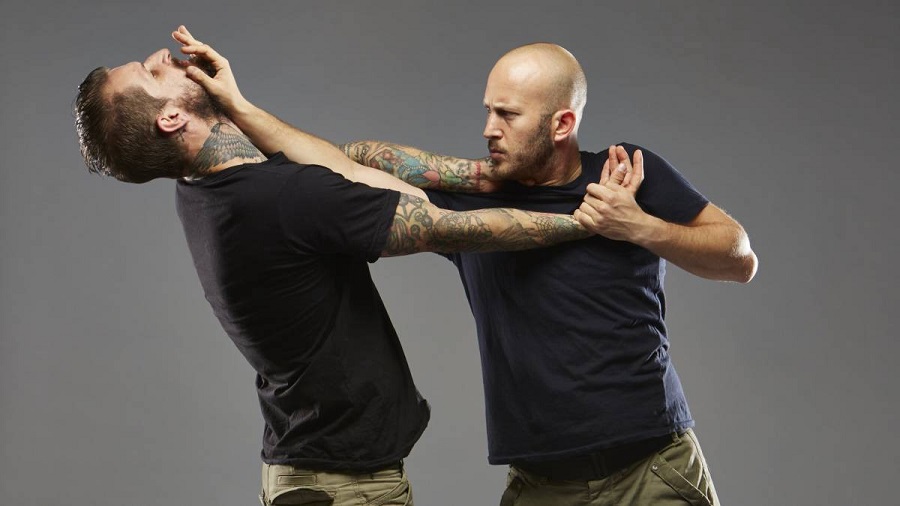
WHAT IS SELF-DEFENSE?
Self-defense is a complete defense under Washington Law. It is lawful when used by a person who reasonably believes that they are about to be injured by another. However, the person using self-defense cannot use more force than necessary to stop the threat. And the defendant has the burden of proving self-defense by a preponderance of the evidence.
WHAT KINDS OF SITUATIONS MERIT SELF-DEFENSE?
Self-Defense upon or toward the person of another is lawful when used in preventing or attempting to prevent a malicious trespass or other malicious interference with real or personal property lawfully in that person’s possession. In other words, self-defense can be broadened to include “defense of property,” and/or “defense of others.” Additionally, self-defense is a valid defense to some Domestic Violence charges.
WHAT OTHER DEFENSES CAN I ARGUE IN ADDITION TO SELF-DEFENSE?
Depending on the facts of the case, you may have an actual legal right to be in the physical place where the alleged incident happened. Under the “No Duty to Retreat” defense, it is lawful for a person who is in a place where that person has a right to be and who has reasonable grounds for believing that they are being attacked to stand their ground and defend against such an attack.
Also, under the “Actual Danger Not Necessary” defense, a person is entitled to act on appearances in defending themselves or another if they believe in good faith and on reasonable grounds that they and/or another is in actual danger of injury, although it afterwards might develop that the person was mistaken as to the extent of the danger. Actual danger is not necessary for the use of force to be lawful.
Finally, the physical discipline of a child is lawful when it is reasonable and moderate, and is inflicted by a parent, teacher, guardian, and/or person authorized in advance by the child’s parent or guardian to use such force for purposes of restraining or correcting the child. The “Physical Discipline of a Child” defense typically works in addition to the self-defense defense when the alleged victim/child has a history of violence and the parent/teacher/guardian fears for their lives or safety. Please see the attached jury instructions on these lateral/additional defenses to self-defense.
CAN I BE REIMBURSED IF A JURY ACQUITS ME ON SELF-DEFENSE?
Yes. Under our state’s law, if the defendant’s use of force was lawful and/or justified, the defendant has the right to be reimbursed by the State of Washington for the reasonable cost of legal fees and expenses involved in their defense as well as for loss of time. Please note, however, that reimbursement typically does not happen if the charges arose from a municipal court. Reimbursement only applies where the crime was charged in a county court. Please see the attached jury instructions.
CAN I ALWAYS HAVE A SELF-DEFENSE DEFENSE?
No. The trial judge decides whether self-defense, defense of others and/or defense of property are warranted in any particular case. Worst-case scenario, a defense attorney can argue for self-defense until they’re blue in the face, but if a judge doesn’t buy the defense, then the judge will withhold instructing the jury on self-defense.
This is particularly tricky when situations involve the defense of others, and/or whether the defendant was reasonably fearful of their safety under the circumstances. Consult a qualified attorney on the likelihood of success on this defense. Good luck!
Additional resources:






